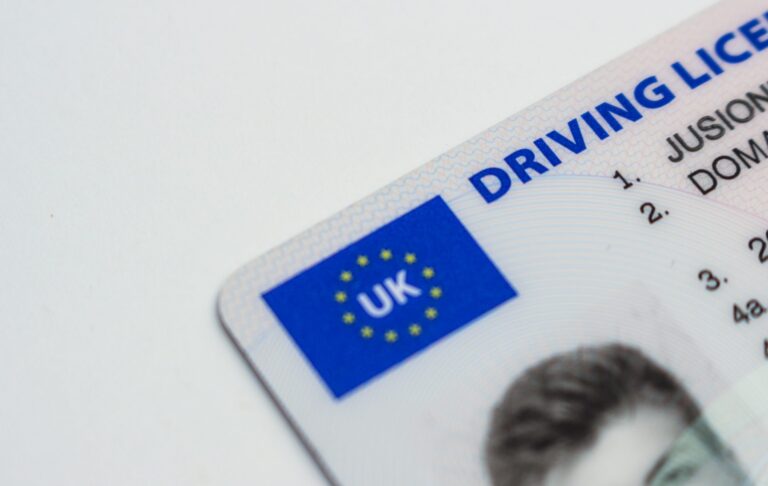
Today, one out of every five Americans requires a professional license to perform their job, while 1 in 3 American adults have a criminal record. Vocations requiring a professional license, such as plumbers, repairmen, or electrical inspectors, were previously incredibly difficult for those with a criminal history to pursue, since the required wait time to be able to acquire these licenses was a mandatory five years if they had committed a crime against another person. This year, Delaware made strides towards easing the struggles these individuals face when applying for professional licenses. Delaware State News reported that Governor John Carney's signed legislation greatly decreases the waiting period to just three years.
Questions have arisen over whether previously incarcerated individuals with felony sexual assaults will have access to licenses as massage therapists. The licensing board, which accepts or denies applications for professional licenses, fully intends to retain its discretion and will deny licenses for the massage and bodywork industry to those with such crimes. Melissa Minor-Brown, a State Representative, has supported the modifications to the criminal justice system in regards to licensing that she believes are crucial in reducing recidivism. “To believe that people can actually have second chances is so important. This legislation breaks down barriers and creates a pathway to sustainability,” she stated. The bills are essential to providing those with criminal records the possibility of good jobs with high paying wages. Employment has been proven to be a very prominent factor in reducing recidivism, and these criminal justice reforms are backed by state Attorney General Kathy Jennings. “Part of our job as policymakers and elected leaders is to help ensure that people who come out of prison stay out of prison. That’s good criminal justice policy, it’s good economic policy, and it's a very good moral policy.”